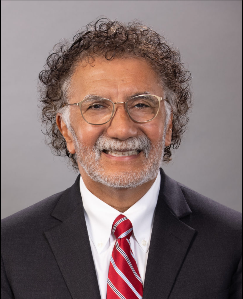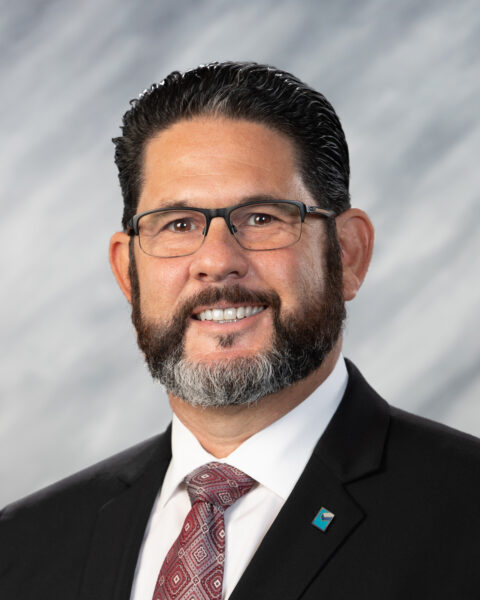Partnership with regional air quality agencies will create 207 chargers at eight sites
The ports of Long Beach and Los Angeles will provide $25 million for an ambitious partnership with regional air quality agencies to jump-start charging infrastructure for electric heavy-duty drayage trucks in one of the nation’s most populous regions.
The $135 million in projects led by the Mobile Source Air Pollution Reduction Review Committee will install up to 207 charging units at eight sites around Southern California, in Wilmington, Rancho Dominguez, Rialto, Fontana, Commerce, and the Port of Long Beach. Contracting for the projects is being administered by the South Coast Air Quality Management District.

“With more than 23,000 trucks working the harbor, the investment potential provided by the Clean Truck Fund rate is a key to our air quality efforts,” said Port of Long Beach CEO Mario Cordero. “These projects with our partners shows the program is working as designed, and demonstrates zero-emissions goods movement is not a buzz phrase here in San Pedro Bay but a goal we make progress toward every day.”

“We’re proud to sign on to this project that will exponentially grow heavy-duty truck charging infrastructure for the nation’s busiest ports complex,” said Long Beach Harbor Commission President Bobby Olvera Jr. “Cleaner air benefits the health of residents of the community as well as the hardworking individuals who move the goods we use every day.”
In separate actions this week, the Long Beach Harbor Commission and Los Angeles Harbor Commission each approved allocating $12.5 million from their respective Clean Truck Funds for the plan. The Clean Truck Fund Rate is a key component of the ports’ efforts to transition to a zero-emissions truck fleet by 2035, as established by the Clean Air Action Plan.
Rate collection began in April 2022 at $10 per twenty-foot equivalent unit or $20 per forty-foot equivalent unit. Exemptions from the rate are provided for loaded containers hauled by zero-emissions trucks, and under limited circumstances, by low-nitrogen oxide trucks. Through March 2024, the Port of Long Beach has collected almost $75 million; the Port of Los Angeles about $78 million.











